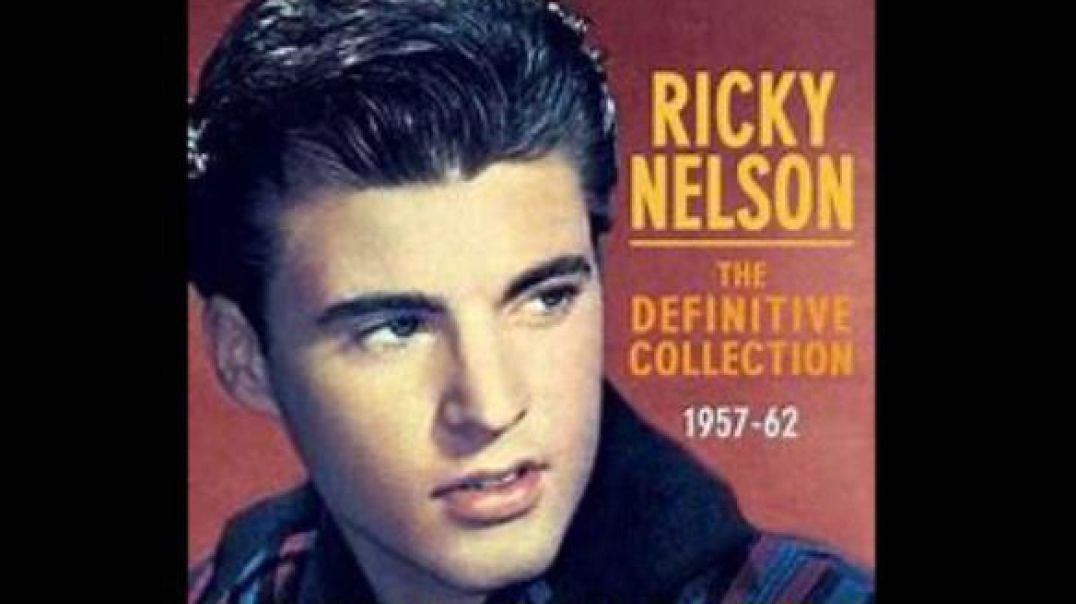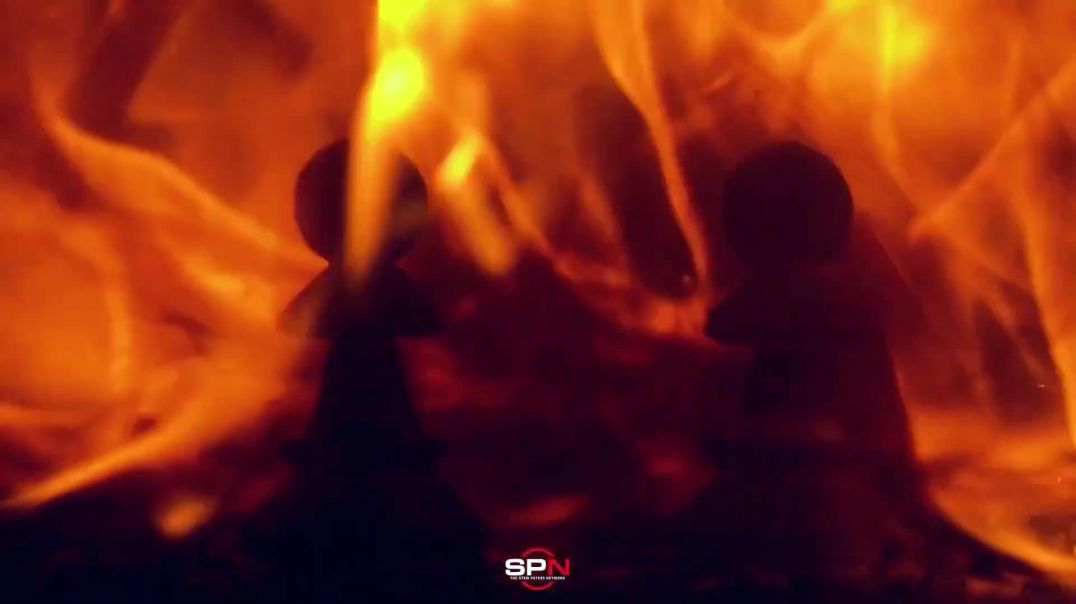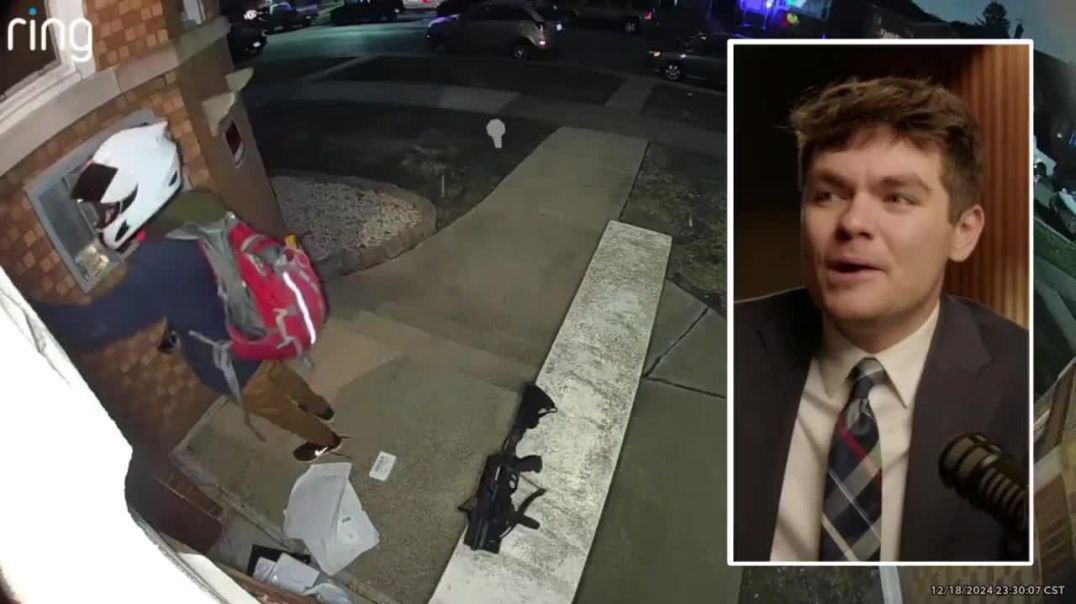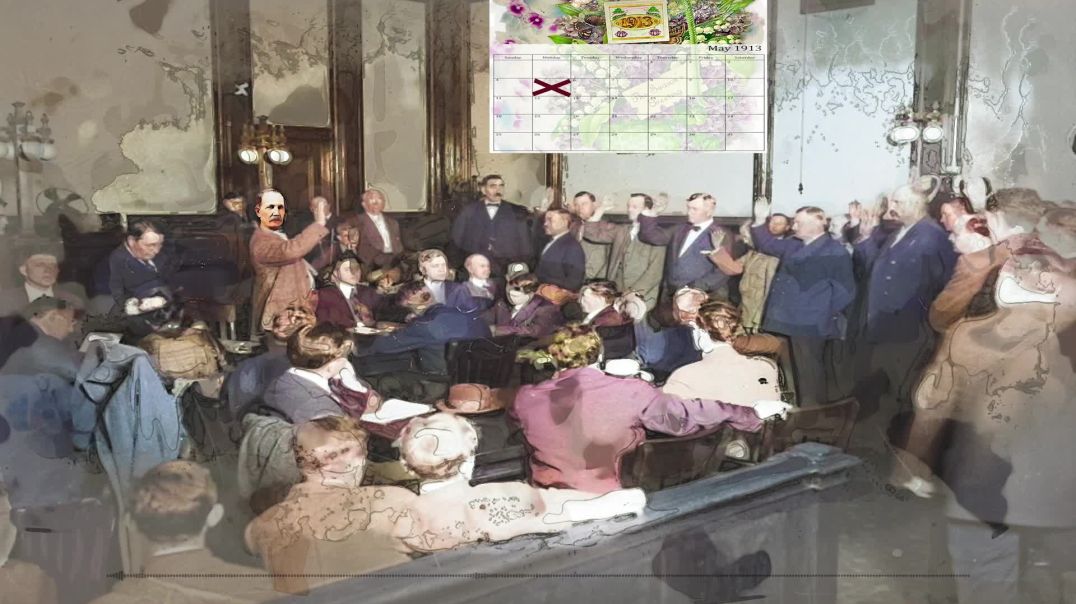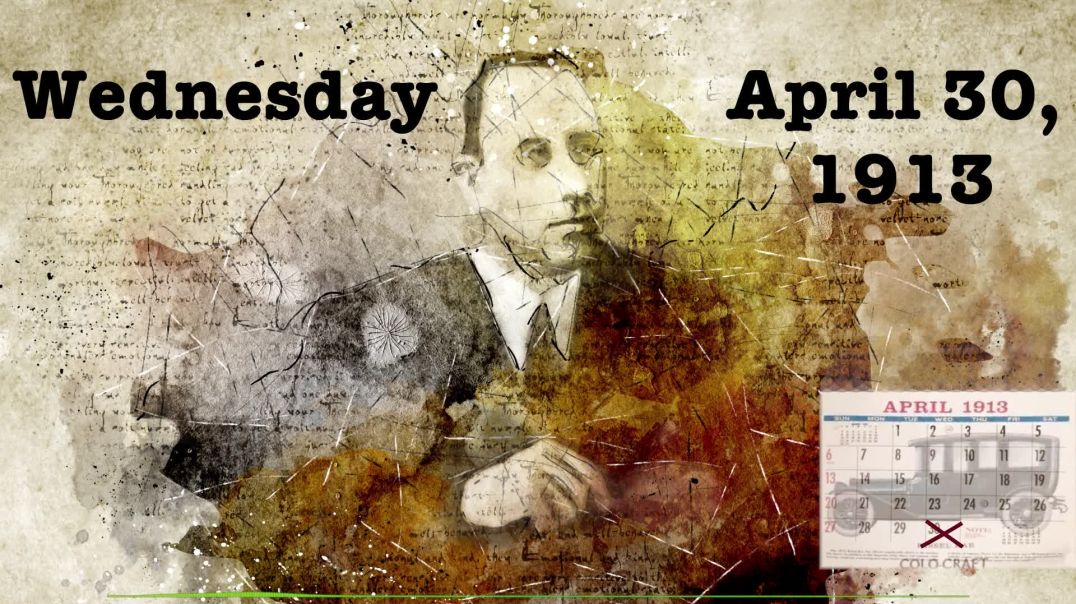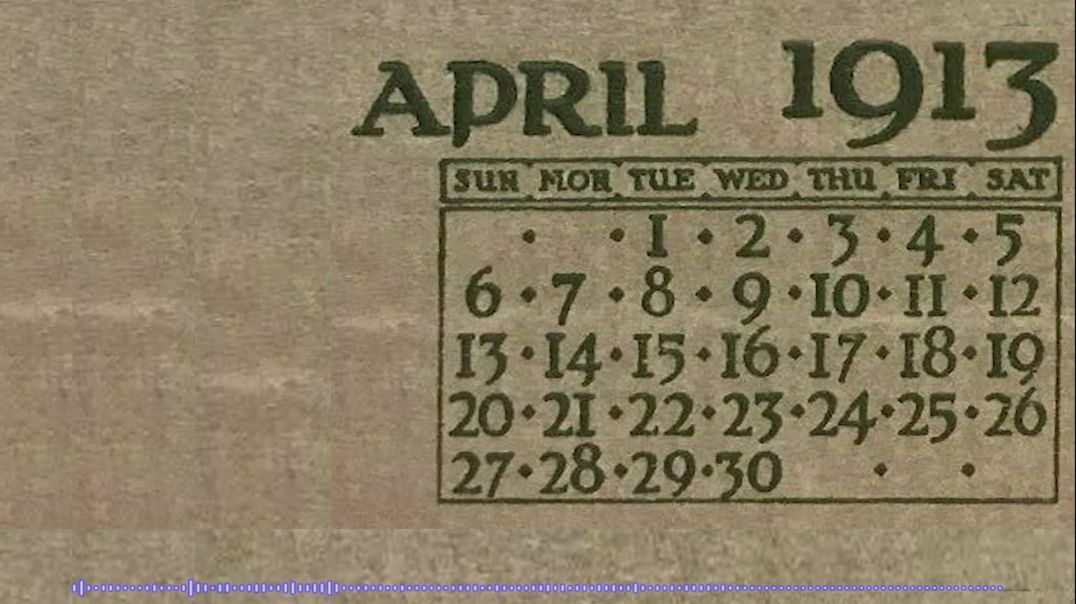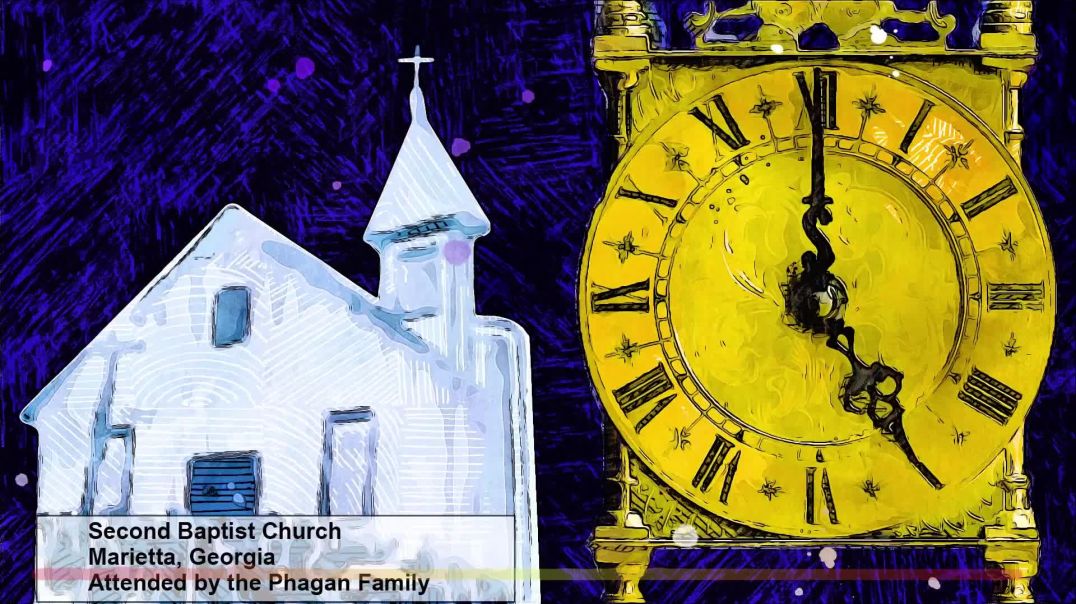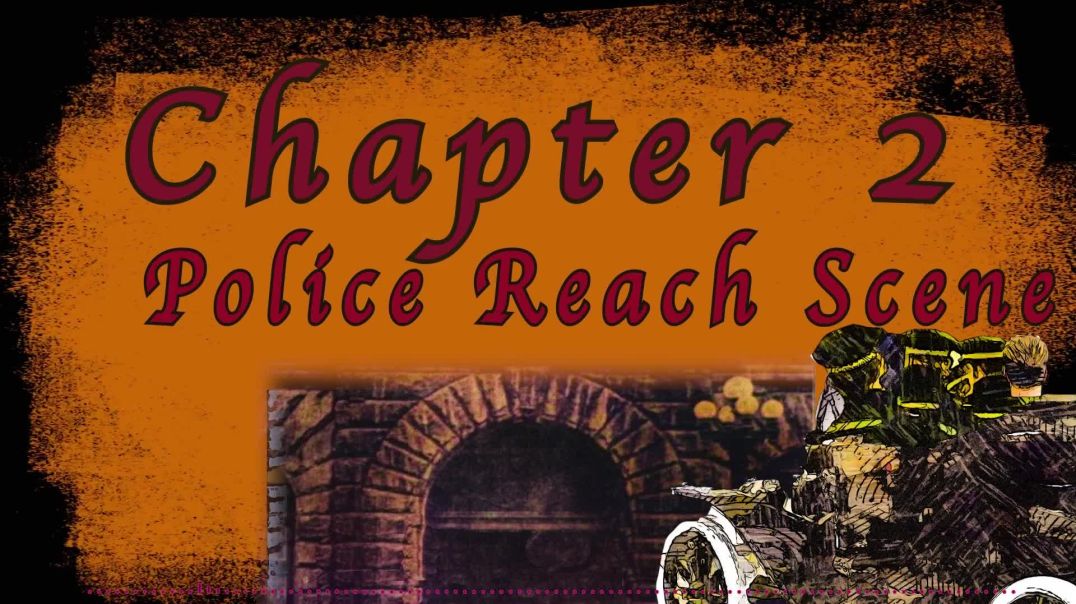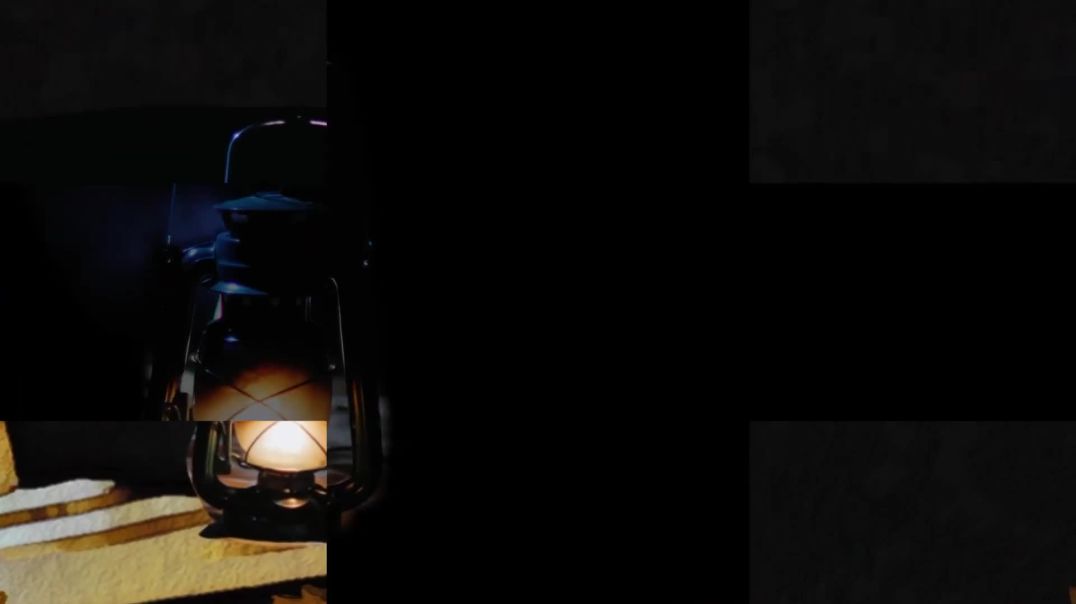Please donate now to help fund our work
- Film & Animation
- Music
- Pets & Animals
- Sports
- Travel & Events
- Gaming
- People & Blogs
- Comedy
- Entertainment
- News & Politics
- How-to & Style
- Non-profits & Activism
- McIntyre Report
- Jamie McIntyre uncensored
- RAW Report
- Candace Owens
- Steve Kirsch
- Tucker
- Bongino
- Elon musks
- Alan Jones Australia
- RT News
- Wayne Crouch Show
- Other
The Murder Of Little Mary Phagan - Vanessa Neubauer - Chapter Three - My Search Begins
The most important details in this text are that the narrator is related to Little Mary Phagan, and that they became friends with Amy, a Jewish woman. Amy and the narrator exchanged their beliefs and answered the whys of their faiths. During one Christmas vacation, the narrator's father revealed to the narrator that he had become part of a Jewish family, and the narrator realized why they had always called this particular couple Grandma and Grandpa and still do. The narrator's father had just been promoted to staff sergeant and was flying out of the Warner Robbins Air Force Base in Macon, Georgia, and the narrator realized why they had always called this particular couple Grandma and Grandpa and still do. On December 20, 1952, there was a fatal crash that took the lives of 87 young military men.
The escorts are called color guards and are handpicked as a rule versed in the nature of life. One of the crew members on the flight was Robert Jacobs, a radio operator whose position was on the flight deck with the pilot, copilot, navigator and flight engineer. Brigadier General H.W. Bowman and Lieutenant Colonel Roland K. McCoskrie, commanders of the 62nd Troop Carrier Wing H and 7th Troop Carrier Squadron, suffered only as commanders can suffer when they lose men in a tragic accident. The cleanup crew was mostly volunteers and some even risked their lives in trying to save others. It took over three days just to recover all the bodies and then there was the horrible task of identifying some of the bodies.
Preparations and transportation arrangements were made and then came the selection of the color guards. There was no Jewish man to escort our radio operator, so one had to be selected from another squadron. The most important details in this text are that the narrator presents the American flag to Mr. and Mrs. Jacobs at the gravesite, and that they become an adopted son. They invite the narrator home to say the Kadish, a memorial prayer for their son, and they ask the narrator questions about their son. The narrator explains that their son was one of the best, and that the best always are selected for the tough flights.
The narrator also sends flowers to the narrator's mother on Mother's Day. The narrator also explains that their son was one of the best, and that the best always are selected for the tough flights. The most important details in this text are the four letters of appreciation and commendation that the author received from the Jewish War Veterans of the US, Brigadier General H. W. Bowman, Colonel Richard Jones, and Lieutenant Colonel Roland K. McCoskry. After two years at Flagler University, both Amy and the author transferred to Florida State University in Tallahassee, Florida. The author worked hard and in August of 1977, they received their Master of Science in the College of Education program with honors. The author then had a job as a consultant Itinerant teacher for the visually impaired for the Griffin Cooperative Educational Service in Griffin, Georgia.
The most important details in this text are that John Carson of Blue Ridge, Georgia was introduced to the various superintendents of the systems in which he would be responsible for setting up the vision program. One of the superintendents asked John Carson if he was related to little Mary Phagan, who went to town one day and went to the pencil factory to see the big parade. Leo Frank met her with a brutal heart and said she had met her fatal doom. He took her body away and called on Jim Conley to take her body away. He took her to the basement where she was bound hand and feet and down in the basement she lay asleep.
The watchman called for the officers and they came to the pencil factory and locked him in a cell. When Frank comes to die and stands the examination in the courthouse in the skies, he will be astonished at the questions the angels are going to say of how he killed little Mary on one holiday. The most important details in this text are that the focus of Southern society was tradition, which meant opposition to change, and the esteem in which white women and young white girls were held. This tradition was manifested in a loyalty on the part of Southerners to their own kind, which usually resulted in a paranoid suspicion of outsiders. The industrialization, which began in the last part of the 19th century, centered on the cities, and it was in the rural areas that the commitment to tradition held most strongly.
However, life in rural areas was difficult for most of the poorer people, so they emigrated to urban areas, where the opportunities to make money were far greater. The most important details in this text are the stories of white tenant farmers who came in from the country to find work in the mills and factories in Atlanta. In 1908 or 1909, about a third of Atlanta's population had no water mains or sewers, and between 50 and 75% of the schoolchildren of Atlanta suffered from anemia, malnutrition and heart disease. In 1909, 622 thousand out of a population of 115,000 were held by the police for disorderly conduct or drunkenness, and the newspapers seized upon stories of Negro assaults on white women. Wages were low in the mills and factories, and the normal workday began at 06:00 a.m. and ended at 06:00 p.m. Mary Richards Phagan had earned only $0.10 an hour at the National Pencil Company. Children were exploited, especially in the cotton mills. The most important details in this text are that Leo Frank, a northerner, Jew, superintendent, part owner of the factory and well-to-do, would have fit the idea of the outsider which southerners traditionally held in such suspicion and the exploiter of whom they were growing increasingly resentful. On April 28, 1913, Leo Frank sent a telegram to Adolf Montague in New York, CEO, Imperial Hotel, New York, stating that a factory girl found dead Sunday morning in the cellar of a pencil had been killed by factory police. The narrator's uncle assured him that the company had the case well in hand.
On April 20, 1913, the Atlanta Georgian reported that four suspects were being held, including a black knight watchman, a former streetcar conductor, a black elevator boy, and a former employee of the National Pencil Company. Leo Frank, the factory superintendent, was not on the list and was under police guard for his own personal safety. When Newt Lee, the night watchman who discovered the body of little Mary Phagan, was questioned by the police, he stated that he had been at the factory on April 26, 1913 and that when he began working at the Pencil factory, Mr. Frank had told him to report at 06:00 p.m. on weekdays and at 05:00 p.m. on Saturdays.
Frank had plans to go to the baseball game with his brother in law and arrived at the factory at about three or four minutes before four. The narrator was paid off Friday night at 06:00 and was given the keys to the front door at 12:00. On Saturday, the front door was locked and the narrator took their key and unlocked it. When they went upstairs, the narrator had a sack of bananas and stood to the left of the desk. Mr. Frank came out of his office and apologized for having the narrator come so soon.
He told the narrator to go downtown and stay an hour and a half and come back around their usual time at 06:00. The narrator then went out the door and stayed until four minutes to six. When they came back, the doors were unlocked just as they left them, and the narrator went and said, "All right, Mr. Frank, end quote." The most important details in this text are that Mr. Frank took twice as long to fix the slip, and that Mr. Gantt came from across the street from the beer saloon and asked for a pair of old shoes to have fixed. Mr. Frank then ran into Mr. Gantt unexpectedly and asked him to help him find them in the shipping room. Mr. Frank then phoned the narrator an hour after he left, asking how they were doing and saying goodbye.
There is a light on the street floor just after the entrance to the building, and Mr. Frank told the narrator to keep it burning bright so the officers can see in when they pass by. However, the light wasn't burning that day. The most important details in this text are that the narrator lit a light in the basement at the foot of the ladder at 06:00 on Saturday and left it burning bright. He made his rounds regularly every half hour and punched on the hour and half, and the elevator doors on the street floor and office floor were closed when he got there. At 03:00, the narrator discovered the body there and called the police station. They discovered notes under the sawdust, a hat without ribbons on it, paper and pencils, a shoe near the boiler, and a bloody handkerchief about 10ft further from the body on a sawdust pile. While Dobbs was reading the notes, Lee said "play like a night" which means the night watchman.
Leo Frank was arrested on April 29 and incarcerated in the Fulton Tower. He was found to be extremely nervous and denied knowledge of a little girl named Mary Phagan. Upon arriving at the factory, he consulted his time book and reported that Mary Phagan worked there and she was here yesterday to get her pay. Further questioning revealed that Frank maintained he was inside his office every minute from noon to 1230. On Sunday, Frank advised police that Newt Lee and J.
M. Gantt had been at the factory and that Gantt knew Mary Phagan very well. R. P. Barrett, a machinist, reported that he found blood spots near a machine at the west end of the dressing room on the second floor, and hair was also found on the handle of a bench. Leo Frank was arrested on April 29 and incarcerated in the Fulton Tower. The police reported that Frank had been handcuffed to a chair and had a conversation with Newtley, who was handcuffed to a chair.
Lee asked Frank if he believed he committed the crime, but Frank said he did not. Lee then asked Frank if he knew anything about it, but Frank said he did not. The police also learned that Frank refused to send Mary Phagan's pay home with Helen Ferguson, a friend. The police had also learned that Frank refused to send Mary Phagan's pay home with Helen Ferguson, a friend. The police obtained a statement from Anola McKnight, the black cook in the Frank home, who reported that when Frank came home that Saturday, he was drunk, talked wildly and threatened to kill himself.
Three days later, Mrs. McKnight publicly repudiated her affidavit, claiming that she had signed it to obtain release from the police. The family maintained that Mary Phagan had been violated, and the medical evidence revealed that blood found on her legs and underwear was the result of rape or menstrual blood was undisputable evidence of rape. X rays of her body had apparently shown teeth indentations on her neck and shoulder, and where were the X ray records? The marks made by Leo Frank's teeth were also found.
The most important details in this text are the details of the murder of Mary Phagan. On April 26, 1913, Monteen Stover, a fellow worker at the factory with Mary Phagan, came forward to tell the police that she had come for her pay on April 26, but was unable to collect it because Frank was absent from his office. On April 30, 1913, a coroner's inquest began and Leo Frank repeated his story concerning his whereabouts on April 26. On May 8, 1913, the jury returned a verdict of murder at the hands of a person or persons unknown. Some who have studied the case believe that Leo Frank, rather than Newt Lee, was responsible for the murder.
The Mary Phagan case suggests that many people in Atlanta, including the police and Fulton County solicitor General Hugh Dorsey, demanded Leo Frank's indictment and conviction due to his status as an outsider. Jim Conley, a semiliterate poor friendless negro with a chain gang record, was seen washing a shirt at a faucet in the factory, causing an anonymous informer to suggest there could have been blood on the shirt. He gave four affidavits, the last of which helped convict Leo Frank. Some writers, such as Harry Golden, feel that many Atlantans were grossly antisemitic and accused Frank of the murder because he was Jewish. Luther Otterbine Bricker, who was the pastor of the first Christian Church in Bellwood where Mary Phagan went to Bible school, described the high feelings which ran through Atlanta regarding the murder of little Mary Phagan in a letter to a friend dated May 26, 1942, which he allowed to be published in 1943.
The newspapers were filled with stories, affidavits and testimonies that proved the guilt of Leo M. Frank beyond the shadow of a doubt. The police got prostitutes and criminals on whom they had something to swear to, and the general public was in a frenzy. Frank was brought to trial in mob spirit, and the jury did exactly as the juror wanted it to. It has been said that solicitor general Hugh Dorsey had strong feelings about Frank's guilt, and through the years there has been much speculation on what brought about Dorsey's certainty that Frank was guilty. In a 1948 study of the Mary Phagan Leo Frank case, Henry L. Bowden reported a conversation with Hugh Dorsey that shed light on the prosecutor's feelings about Leo Frank.
Dorsey reportedly told Bowden that someone had planted a bloody shirt in a well on the property where Newtley lived and that as he and several of the force, including Boots Rogers, the local detective, were riding out to the property to check on the shirt, Dorsey was suspicious of Frank. Dorsey arranged for all the detectives and operatives on the case to report to him directly rather than to the police force, and that defense counsel were kept in complete ignorance as to what Dorsey's evidence consisted of. Dorsey sought Frank's indictment for the following reasons: Frank had sent Newt Lee away at 04:00 p.m. and then called the factory at 07:00 p.m., which Lee claimed Frank had never done before.
The most important details in this text are that Leo Frank had not answered Newt, Lee's or Captain Starne's telephone calls, had not wanted to come to the factory, and had accused J.M. Gantt of being intimate with Mary Phagan. The police officers who had taken Frank to the mortuary recalled his extreme nervousness and the fact that Frank had inquired about their finding Mary Phagan's pay envelope. At the inquest, J.W. Coleman stated that Mary often said things went on at the factory that were not nice and that some of the people there tried to get fresh.
Additionally, Dorsey felt that Frank's Cook manola McKnight's first statement was true. Miss Lucille said to Mrs. Selig that Mr. Frank didn't rest so good Saturday night and that he told her Saturday night that he was in trouble and that he didn't know the reason why he would murder and he told her to get his pistol and let him kill himself. Miss Lucille didn't know why Mrs. Frank didn't come to see her husband, but it was a good The affidavit of Montane Stover following the coroner's verdict added credence to Dorsey's suspicions that Leo Frank was the murderer. The jury also pointed to their theory that the murder took place on an upper floor of the factory and that the body was taken to the basement with the intention of burning it. Dorsey had indictment forms drawn up for both Leo Frank and Newtley on May 24, but after the last testimony was heard, he asked for a true bill against Frank. The jury complied and returned an indictment charging Leo Frank with first degree murder.
